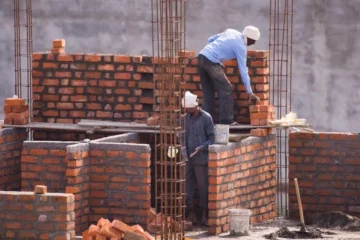
Default by real estate-focused non-banking financier Altico Capital indicates the rising cash crunch with the developers, which is credit negative for banks given their exposure to the realty sector, warns a report.
Poor liquidity had last week forced Altico Capital to default on an under-Rs 20-crore scheduled interest payment on an ECB loan from Masherq Bank of the UAE.
Banks’ exposure to Altico, which owes over Rs 4,500 crore to the credit market, is fairly modest and accounts for less than 0.1 percent of total banking system loans.
Altico’s default comes after Dewan Housing Finance, with significant exposure to real estate developers, defaulted on its loan obligations from June because of insufficient liquidity, raising questions about its solvency.
“Altico default signals increasingly tight liquidity among property developers, which is credit negative for banks given their significant exposure to the real estate sector,” global rating agency Moody’s said in a report Thursday.
Banks also have indirect exposure to the real estate sector through their lending to NBFCs and HFCs, which also lend to developers.
According to the Reserve Bank data, the overall exposure of NBFCs and HFCs to the real estate sector was only about 6 percent of their total assets as of March 2019. However, some NBFCs and HFCs are more exposed than others, making them vulnerable to a slowdown in the sector, it said.
Among the banks Moody’s rates, Yes Bank and Indusind Bank have the largest direct exposure to the commercial real estate and will be susceptible to asset quality difficulties if the sector continues to slow, the agency said, adding ICICI Bank and Axis BankNSE 3.86 % are also significantly exposed to the sector, with commercial real estate loans making up over 5 percent of their overall loans.
In response to the tightening liquidity in the realty sector, the government on September 13 announced creation of an investment fund to provide soft loans to residential real estate developers unable to access new funding to complete their partially-constructed affordable housing projects.
Under the plan, the government will contribute Rs 10,000 crore to the fund and expects a similar amount from entities, including the LIC, banks and other development institutions.
“The proposed investment fund is credit positive for the realty sector, but its timeline and modalities are not known yet, and it is unclear if it will help address the immediate liquidity constraints that the sector faces,” the report said.
[“source=economictimes”]



